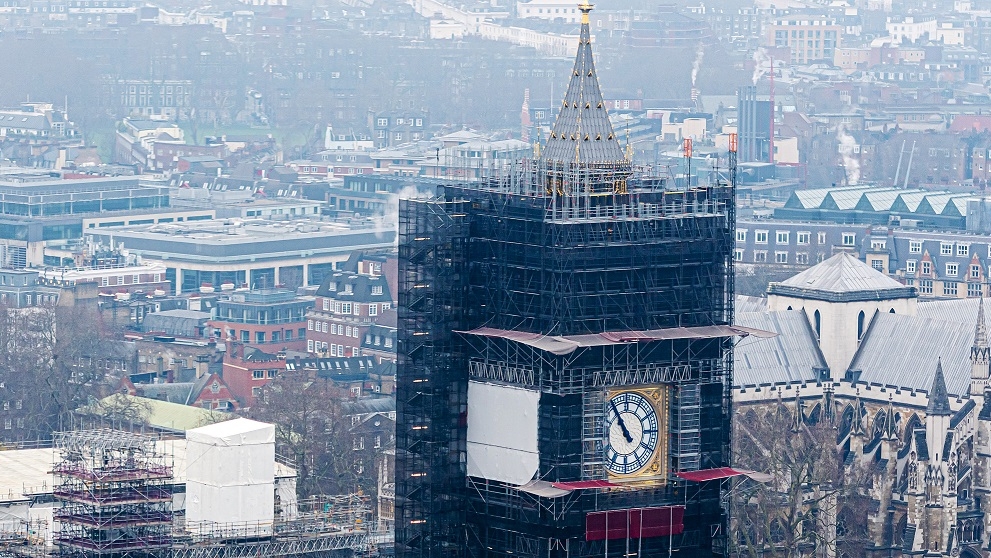
Built environment professionals are always eager to talk about the importance of maintenance, and to blame government, finance, management and the public for not paying sufficient attention. But we also need to take a look at our own professions and the way we present ourselves to the world.
If we are to create more sustainable cities, we will all need to do more work to sustain them by taking better care of what we’ve got. And that will require a change in our professional identities.
Overemphasising the new
As built environment professionals, we like to emphasise our contribution to the economy through the creation of jobs, the construction of new infrastructure, buildings and places.
When we do outreach to schools to promote our university courses, we show them new buildings and structures, but not the work of keeping old ones going. We show them high-speed rail projects, but not the people who keep the trains running. We make heroes of Brunel, Wren, Arup and Hadid – the people who designed and built new things. We give out prizes for the best new projects, but not the best 25-year-old projects.
Although we have paid more attention to maintenance planning and design for maintainability in the past few years, maintenance itself is still in the shadows. It is regarded as something necessary but dull, not something to celebrate or highlight.
In our obsession with new projects and the people who design them, we fail to take care of what we’ve got. If we want to create sustainable cities then this needs to change.
The second law of thermodynamics tells us that we need to do work not only to create but also to maintain order. We do a lot of work to make the materials and complex structures in the first place, but let that work go to waste as entropy takes hold and buildings and structures decline and degrade.
In terms of relative effort in materials, energy, time and money, good maintenance is always more efficient than starting from scratch – but that’s not how we think of ourselves as innovators.
Undervaluing care
We make our money and stake our professional pride on making new things, not taking care of the old. This is not something unique to the built environment sector, and is symptomatic of our wider society and culture.
As the pandemic has revealed, we shamefully undervalue the people who do the caring in our society – nurses, social workers, childcare workers, cleaners and the vast invisible, unpaid labour of carers in families and communities. These are some of the most overworked, vulnerable people in our society. Yet none of us would be here without them.
Caring work is typically women’s work. In a world still shaped by gender categories, caring is regarded as feminine. That is not to say all women are caring or carers, or that men don’t do care work; but in the signals our culture sends about how tasks get divided between the genders, caring is largely work done by women, out of sight, underpaid or unpaid.
Care work is also racialised, with people of black, Asian and minority ethnic identity over-represented in jobs related to maintenance – the background work that keep things going.
“We make our money and stake our professional pride on making new things, not taking care of the old”
The need to value maintenance
In white male-dominated built environment professions, is it therefore any surprise that maintenance is undervalued? Despite our attention to life-cycle costs and arguments for maintenance budgets, caring for our built environment is done behind the scenes.
As we begin to focus on “building back better”, though, we should remember that the pandemic has shown we need to take better care. If we start to take better care of our cities, buildings, bridges and infrastructure, we’ll also be taking better care of each other. We’ll be taking better care of the planet.
If we start emphasising care, durability and restoration, we may also change the image of our professions. If built environment work becomes more caring, and if care is properly rewarded, it might look like a fulfilling career for people who have felt excluded by emphasis on big, new construction.
If we start taking better care of the structures and systems we’ve already built, making things better in the world as it is, our professions might be better able to meet the needs of the communities we serve, both now and in an increasingly uncertain future.
